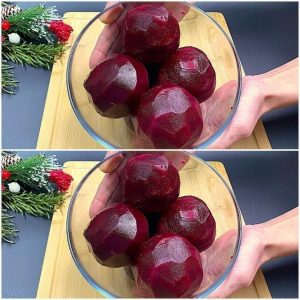Thyme is more than just a fragrant herb—it’s a powerhouse of health benefits and culinary versatility. Known for its earthy flavor and rich aroma, thyme has been used for centuries in cooking and traditional medicine. It’s a favorite in Mediterranean cuisine, enhancing dishes like roasted meats, soups, and stews. But beyond the kitchen, thyme’s essential oils and natural compounds have earned it a spot in health and wellness routines around the world.
One of the key benefits of thyme lies in its antibacterial and antifungal properties. Its essential oil, especially thymol, helps fight infections and may even be used in natural cleaning products or mouthwashes. Thyme can also help soothe respiratory issues—it’s often brewed into tea or used in steam inhalation to relieve coughs, bronchitis, and congestion. Its anti-inflammatory effects make it a helpful remedy for sore throats and irritated sinuses.
Thyme is also rich in antioxidants, which protect the body from oxidative stress and may help reduce the risk of chronic diseases. It supports immune function, and some studies suggest it could contribute to heart health by helping to lower blood pressure and cholesterol levels. Additionally, thyme has been used to support digestion and ease stomach discomfort, thanks to its ability to relax gastrointestinal muscles.
Beyond health, thyme has practical uses in skincare and aromatherapy. It’s found in natural acne treatments due to its ability to reduce bacteria on the skin. When used in diffusers or massage oils, thyme essential oil can promote relaxation and mental clarity. Whether you’re using it fresh, dried, or as an essential oil, thyme offers a range of benefits that make it a valuable addition to your kitchen and your wellness toolkit.


